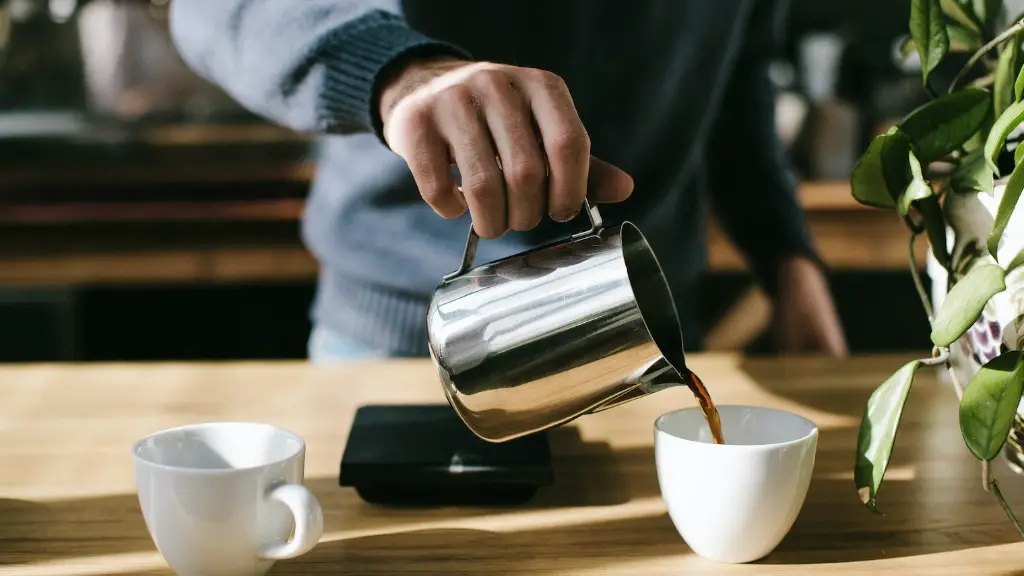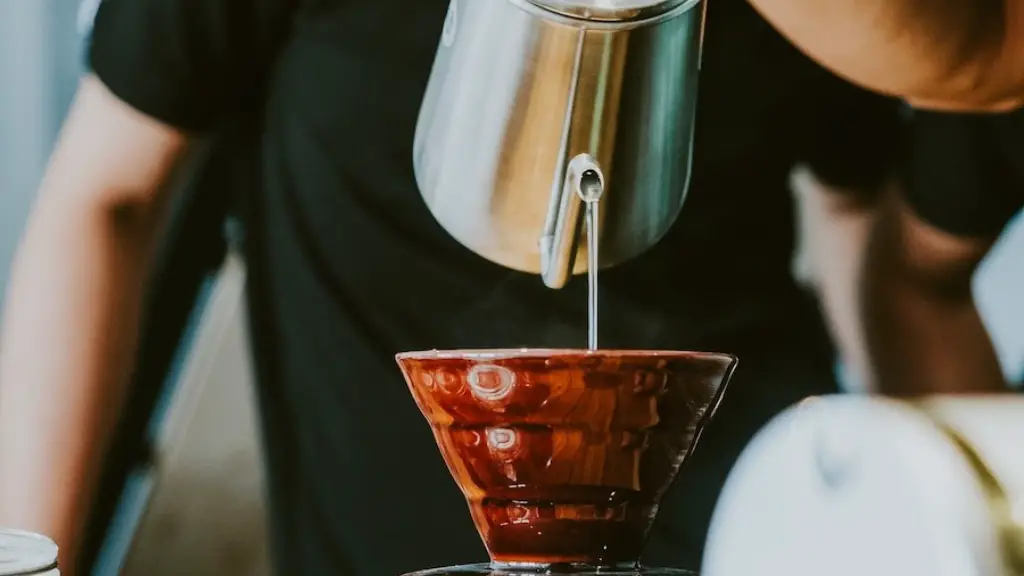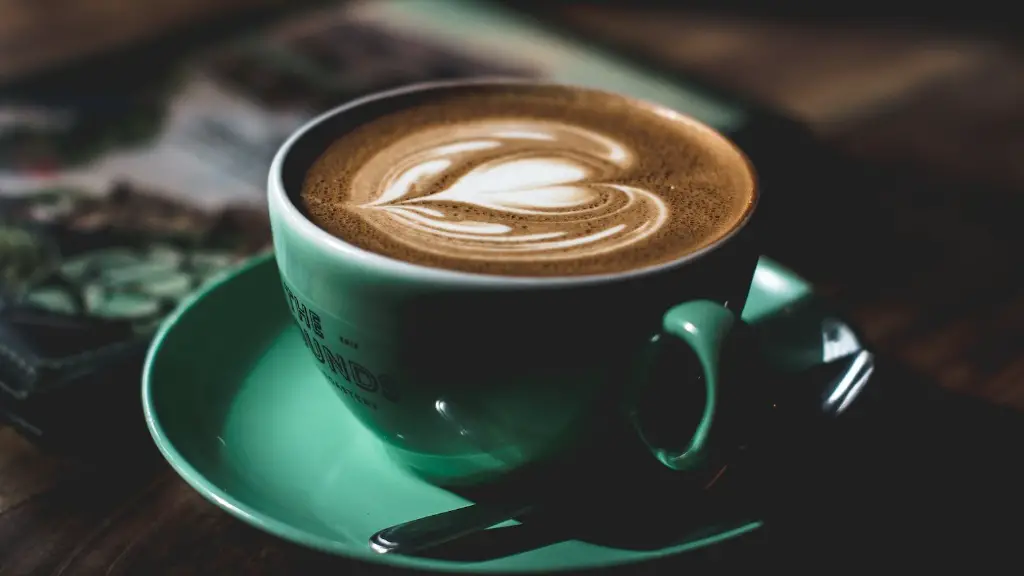Can you Drink Coffee with a Concussion?
Concussions are a serious injury to the brain and the most common type of traumatic head injury. While most people who suffer from a concussion are advised to rest and limit their activities, recent research has explored whether consuming coffee can be a safe and beneficial practice for people who have suffered a mild traumatic brain injury.
A concussion is characterized by a temporary period of confusion, changes in cognitive functioning, and loss of consciousness. Symptoms can range from a mild headache to more serious physical and psychological deficits. The most common cause of a concussion is a direct blow to the head, however, research suggests that the shaking of the head can also lead to a concussion. A concussion requires prompt medical attention and often requires rest, and a reduction of daily activities.
Coffee contains a stimulant, caffeine, which provides energy to the body when consumed. This stimulant has created interest in studying the effects of caffeine among people with a concussion, in order to evaluate the potential benefits and risks of drinking it.
A study conducted by the University of Georgia in 2018, evaluated the effects of caffeine on people with a concussion. The study involved examining 25 people, all of whom had experienced a mild traumatic brain injury. A questionnaire was filled out by each participant in order to assess their physical and psychological symptoms, as well as their caffeine consumption. The results of the study showed that drinking coffee was not associated with any significant increases in symptoms relative to those in the group who did not drink coffee.
The study also investigated the effects of the caffeine on sleep, as is suggested by some health professionals, and the study found that the participants who consumed caffeine reported no differences in their overall sleep quality.
The study concluded that while caffeine has the potential to reduce the effects of some concussion symptoms, it should be used with caution, and it should not be used as a replacement for medical advice.
Given the findings from the study, it is reasonable to conclude that drinking coffee is safe for people with a concussion. However, it is important for people who have sustained a concussion to consult with their doctor about their specific symptoms and any decisions related to their injury.
Nutrition Tips for People Suffering from a Concussion
Nutrition is essential for brain health and for recovery following a concussion. Eating a nutrient-rich diet can help to reduce inflammation, promote healing, and aid in the recovery process. Foods high in antioxidants, healthy fats, vitamins, and minerals are especially beneficial for people who have suffered a concussion.
Whole grains, fruits and vegetables, lean meats, and healthy fats such as olive oil, avocados, and nuts are all high in essential vitamins and minerals and can help to reduce inflammation. For those who cannot tolerate solid food, drinking smoothies and high-calorie shakes can be an effective way to ensure that your body is getting the nutrition it needs.
In addition to a healthy diet, lots of water and plenty of rest are essential for concussion recovery. Dehydration and fatigue can both worsen symptoms of a concussion and can delay recovery. Adequate hydration and plenty of rest can help to reduce symptoms and are essential for optimal recovery.
Eating well, drinking lots of water, and getting plenty of rest are all essential for people who have experienced a concussion. Following these guidelines can help reduce symptoms and aid in recovery.
Alternative Treatments for Concussions
While the primary treatment for a concussion is rest and reduced activity, there are a few alternative treatments that have been used to help reduce symptoms and speed up recovery. Acupuncture and chiropractic care are two alternatives that have been used to help reduce headache, neck pain, and mental confusion associated with concussions.
Acupuncture involves the use of fine needles to stimulate specific points on the body in order to relieve pain and promote healing. Studies have found that acupuncture can be effective in treating headaches and reducing mental fatigue associated with concussions.
Chiropractic care is another alternative treatment that has been used to help reduce concussion symptoms. Chiropractors use manual manipulation to realign the spine and reduce pressure on the central nervous system, which can in turn reduce headaches, neck pain, and other concussion-related symptoms.
In addition to chiropractic care and acupuncture, some practitioners also recommend visualization techniques, mindfulness meditation, and breathing exercises, to help reduce stress and reduce the intensity of symptoms associated with a concussion.
Alternative treatments, such as acupuncture and chiropractic care, have been used to help reduce the symptoms of a concussion and speed up recovery. However, they should not be used as a replacement for medical advice, and it is important to consult with a doctor before trying any type of alternative treatment.
Monitoring Symptoms and Recognising Need for Medical Care
It is important for people who have suffered a concussion to remember that their symptoms may not all present immediately. This can make it difficult to recognise the severity of an injury, and to know when to seek medical attention.
The most important thing to do following a concussion is to monitor and recognize the severity of symptoms. Some of the most common signs and symptoms of a concussion include dizziness, headache, nausea, and confusion. If a person’s symptoms are getting worse, it may be necessary to seek medical attention.
It is also important to pay attention to cognitive symptoms such as difficulty with memory, concentration, or decision-making. If these symptoms worsen, it is important to seek medical assistance and not attempt to return to work or daily activities until they have been cleared by a doctor.
Most people who suffer from a concussion will experience a full and complete recovery with appropriate medical care. It is important to take time to rest and consult with a medical professional in order to ensure that recovery is taking place in a safe and effective way.
Preventative Measures for Concussions
The best way to avoid a concussion is to practice safe behaviors and participate in activities that reduce risk. The Centers for Disease Control (CDC) recommends that people wear protective gear, such as helmets, when participating in activities that may cause a head injury. Additionally, the CDC advises that people refrain from activities that are likely to cause collisions or falls.
Another way to prevent a concussion is to stay active. Regular physical activity can improve balance, coordination, and physical strength, all of which can help to reduce the risk of a concussion. Additionally, learning proper technique when participating in contact sports and taking sufficient breaks can reduce the risk of sustaining a concussion.
It is also important to be aware of the signs and symptoms of a concussion and to take any head injury seriously. If a person has sustained a knock to the head, it is important to seek medical attention to rule out a concussion and ensure that the appropriate treatment is provided.
Concussions are serious injuries that can have long-term effects. While drinking coffee may not be associated with an increase in symptoms, it is important to take time to rest, follow the advice of a medical professional, and take steps to prevent a concussion from occurring in the first place.





